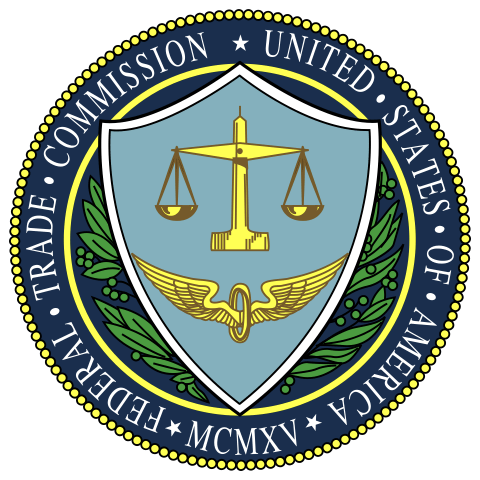by Avi Gesser, Jim Pastore, Matt Kelly, Gabriel Kohan, Melissa Muse and Joshua A. Goland

Top left to right: Avi Gesser, Jim Pastore, and Matt Kelly. Bottom left to right: Gabriel Kohan, Melissa Muse and Joshua A. Goland (photos courtesy of Debevoise & Plimpton LLP)
Online customer service chatbots have been around for years, allowing companies to triage customer queries with pre-programmed responses that addressed customers’ most common questions. Now, Generative AI (“GenAI”) chatbots have the potential to change the customer service landscape by answering a wider variety of questions, on a broader range of topics, and in a more nuanced and lifelike manner. Proponents of this technology argue companies can achieve better customer satisfaction while reducing costs of human-supported customer service. But the risks of irresponsible adoption of GenAI customer service chatbots, including increased litigation and reputational risk, could eclipse their promise.
We have previously discussed risks associated with adopting GenAI tools, as well as measures companies can implement to mitigate those risks. In this Debevoise Data Blog post, we focus on customer service chatbots and provide some practices that can help companies avoid legal and reputational risk when adopting such tools.








